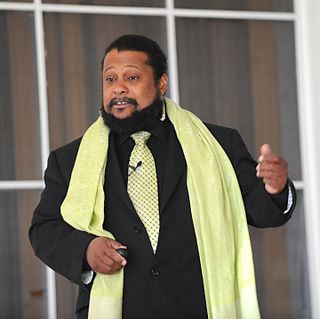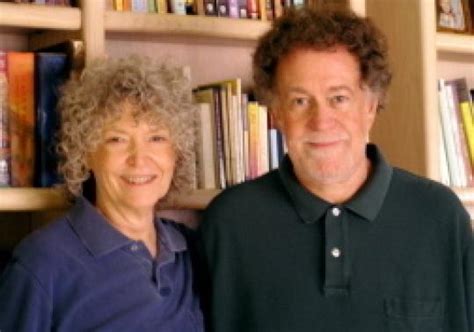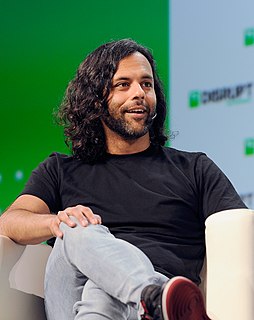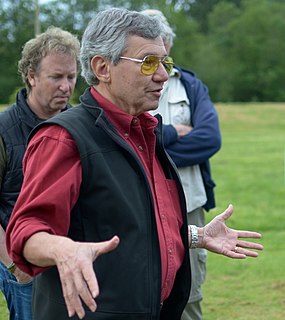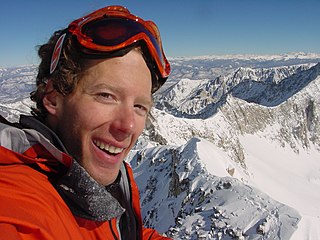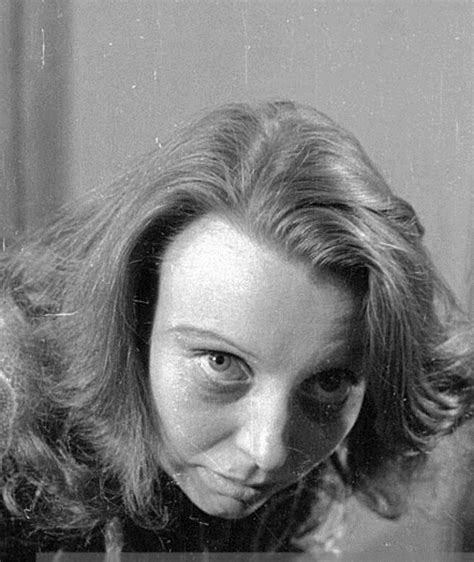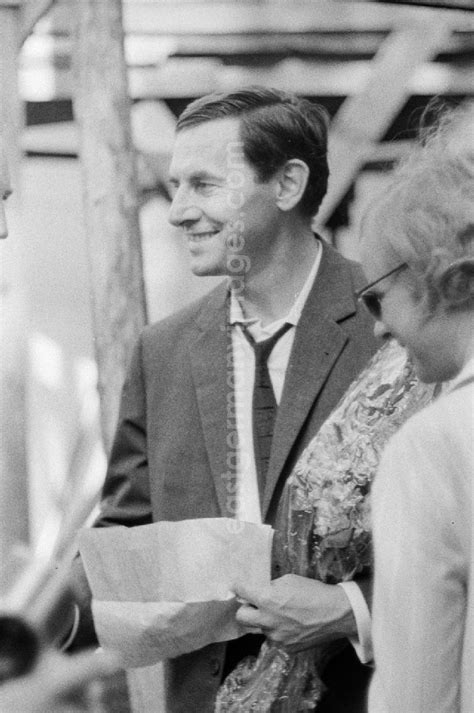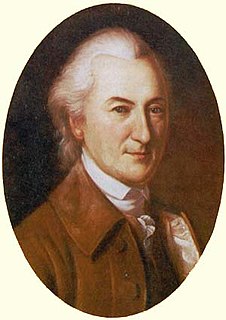A Quote by Tyrone Hayes
We assume that we’re masters of our environment, rather than being a part of it.
Quote Topics
Related Quotes
Recently, results of the Human Genome Project have shattered one of Science's fundamental core beliefs, the concept of genetic determinism. We have been led to believe that our genes determine the character of our lives, yet new research surprisingly reveals that it is the character of our lives that controls our genes. Rather than being victims of our heredity, we are actually masters of our genome.
It's part of a writer's profession, as it's part of a spy's profession, to prey on the community to which he's attached, to take away information - often in secret - and to translate that into intelligence for his masters, whether it's his readership or his spy masters. And I think that both professions are perhaps rather lonely.
We are not grand because we are at the top of the food chain or because we can alter our environment - the environment will outlast us with its unfathomable forces and unyielding powers. But rather than be bound and defeated by our insignificance, we are bold because we exercise our will anyway, despite the ephemeral and delicate presence we have in this desert, on this planet, in this universe.
In the world of globalization, the fossil fuel masters of the universe who are digging up our boreal forest and our muskeg and scraping out the bitumen would rather have Canadians take all the risks - and then the oceans take the risks to ship it to refineries that they've already built in other countries rather than create jobs for Canadians here.
We make the commitment to stop for a moment and look at what the mind is doing, what mind state we are dwelling in. We don't judge it, we just know it. Gradually we'll become more and more accustomed to being conscious of what we're thinking and our various positive and negative states. We'll become more and more the masters of our mind, rather than the slaves.
With hearts fortified with these animating reflections, we most solemnly, before God and the world, declare, that, exerting the utmost energy of those powers, which our beneficent Creator hath graciously bestowed upon us, the arms we have compelled by our enemies to assume, we will, in defiance of every hazard, with unabating firmness and perseverance employ for the preservation of our liberties; being with one mind resolved to die freemen rather than to live as slaves.
We are masters of our actions from the beginning up to the very end. But, in the case of our habits, we are only masters of their commencement - each particular little increase being as imperceptible as in the case of bodily infirmities. But yet our habits are voluntary, in that it was once in our power to adopt or not to adopt such or such a course of conduct.
The study of how substances alter gene expression is part of the field of epigenetics. Some chemical exposures appear to turn on and turn off genes in ways that disregulate cell growth and predispose for cancer. From this perspective, our genes are less the command-and-control masters of our cells and more like the keys of piano, with the environment as the hands of the pianist.
